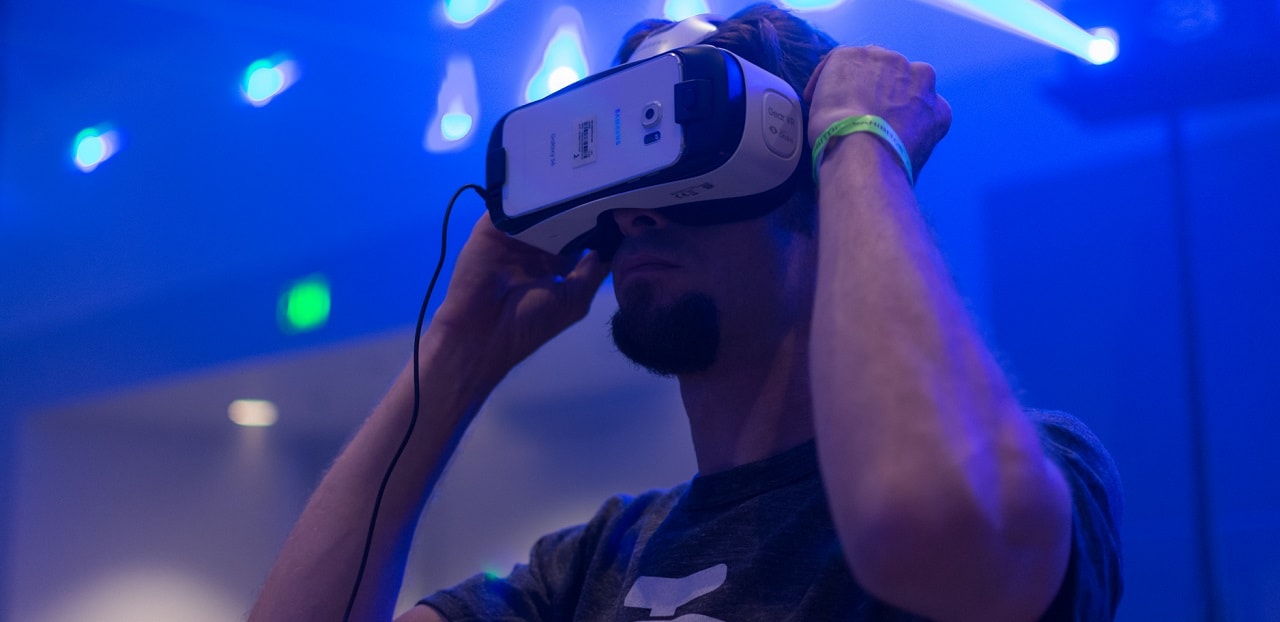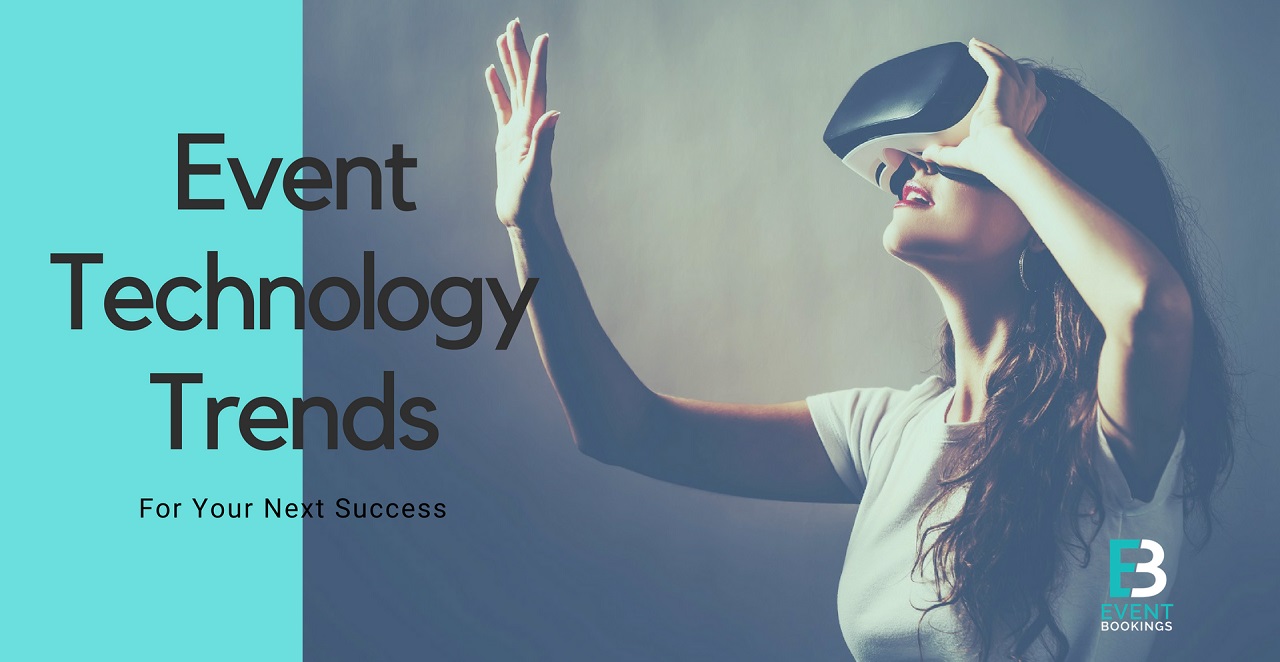Imagine you’re arranging a music festival.
What if you could monitor your crowd and measure what type of music gets them moving?
Not only that, you can also measure their body temperatures so you can adjust the air conditioning accordingly. You can even gauge their reactions and decide if the volume needs to go up or down.
Does this sound high-tech and futuristic to you? Pepsi, with technical support from Lightwave, has already created the Bioreactive Concert.
To quote them:
“The audience was given custom wearable wristbands which drove live visual interactions, allowing the crowd’s energy to influence the flow of the event.”
The project was proven successful back in 2014. This technique is called crowd shaping, and with dramatic improvements in technology in 2018, it is no longer confined to the hands of giant companies like Pepsi. You can utilise it to shape your event, too!
As an event planner, you have access to a wide range of technologies to play with. Here, we’ll discuss 6 such technologies that are trending in 2018 and likely to evolve in the near future.
- RFID
- AI (Artificial Intelligence)
- VR & AR
- Live Event Poll
- Social Media Incorporation
- Utilising Sharing Services
Seem interesting? Let’s continue!
1. Radio-Frequency Identification (RFID)
RFID is already one of the most popular techs used in the event management industry. Modern event organisers already know how to use RFID for better event management. This technology speeds up the registration process and helps analyse qualitative and quantitative data.

RFID allows attendees to be engaged with the event across various platforms. In the near future, physical tickets and payments will be long gone, and technologies like RFID will take over.
2. Artificial Intelligence (AI)
Just like RFID, AI will shape event management in upcoming years. It delivers a highly personalised experience, even at a massive-scale event with tens of thousands of participants.
Nobody likes a queue for check-ins, and AI can definitely speed up entry. Security is a big event issue, and AI can benefit here, too! With technologies like facial recognition, security increases for the better. Some examples of implementing AI into event management are;
Chatbots
Asking for solutions from Amazon Echo, Google Home, or Apple Homepod is common nowadays. We often converse with SIRI or Cortana in a relaxed and casual way. These AIs have easily worked their way into our regular lives.

Chatbots can answer queries, as apps can be integrated with custom plugins today. This can save a lot of time as AI answers repetitive questions.
Customised Mobile Apps
You’re probably already using a mobile app for your event management. Almost all event apps available on the market, free or paid, offer some degree of AI assistance. Make sure to choose apps that suit your purpose and can be customised according to your demands. Event apps add immense value if integrated successfully.
3. Virtual and Augmented Reality
Both VR and AR have been on the rise for the last couple of years, but only with the recent development of VR technology has it begun to appear in the mainstream. VR today makes creating virtual events and enhancing a live event experience easier.

Virtual reality allows attendees better interactions, creating exciting interactive opportunities that were impossible to imagine even a few years back. Since giants like Google and Apple have introduced augmented reality, it holds huge potential to become mainstream in every possible way.
4. Live Event Poll
A live event poll requires three simple steps: asking a question, collecting responses and showing instant results. A big screen displaying those results right away increases attendee engagement. This method of attendee involvement is only possible because of technological improvements. Once the event has finished, collected data through the poll can be analysed to arrange even more successful events in the future.
5. Social Media Incorporation
The importance of social media has never been greater. Creating and promoting a branded hashtag on social media will boost your event attendance. Guests capturing and sharing their favourite moments and engaging on a social media wall will add real-time excitement and generate a fuss. This is just one benefit of your social media presence.
6. Utilising Sharing Services
Ensuring accommodation and transportation for the event attendees has always occupied a big portion of the event plan and budget. But today, ride-sharing services like Uber or Lyft and home-sharing rentals like Airbnb have definitely made life easier for event planners.
Alongside these, airfare tracking services like Hopper & Kayak provide information about airline tickets and pricing. For instance, Hopper’s algorithm is so advanced that it not only notifies you when there is a price drop but also predicts the further probability of price changes; this is a fabulous tool to have available for event organisers handling attendees who need to travel a great distance.
In this tech-dominated era, it’s hard to imagine hosting a successful event without using new technologies. With so many technologies around, the hardest part for many event planners is determining which event technologies best meet their requirements. You have to be adaptive and willing to adjust accordingly to get the best results. Implementing these brilliant technological ideas might provide a boost to your next event.
Image Credit: RFID bands




